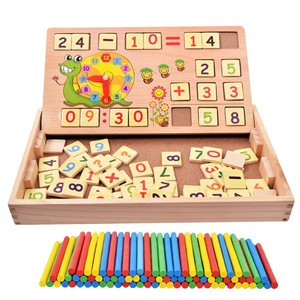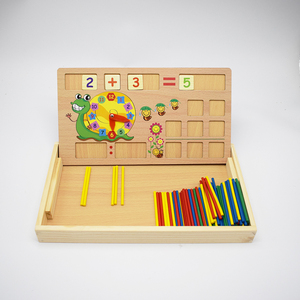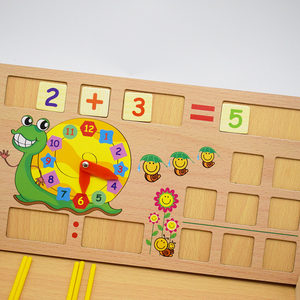Introduction to Tools Mathematics
In the realm of mathematics, the utilization of tools mathematics plays a crucial role in solving complex problems and enhancing our understanding of numerical concepts. Whether in a classroom setting or professional environments, mathematical tools aid in visualizing, calculating, and analyzing data effectively. These tools range from basic calculators to sophisticated mathematical software, each tailored to meet diverse needs.
Types of Tools Mathematics
- Calculators: Basic calculators for simple arithmetic to graphing calculators for advanced functions and graph plotting.
- Mathematical Software: Programs like MATLAB and Mathematica facilitate complex computations and graphical representations.
- Geometric Tools: Instruments such as compasses, protractors, and rulers help in understanding shapes, angles, and dimensions.
- Statistical Tools: Software such as SPSS or R assists in data analysis, hypothesis testing, and statistical modeling.
- Algebraic Tools: Online platforms and applications that provide step-by-step solutions for algebraic equations and functions.
Applications of Tools Mathematics
- Education: Tools mathematics is fundamental in educational institutions for teaching basic arithmetic to advanced calculus.
- Engineering: Engineers rely on mathematical tools to design structures, analyze load-bearing capacities, and simulate systems.
- Data Analysis: Businesses utilize statistical software for market analysis, trend forecasting, and decision-making processes.
- Scientific Research: Researchers apply mathematical modeling tools to analyze experiments and make predictions based on data.
- Finance: Financial analysts use mathematical models to evaluate risks, assess investments, and strategize financial planning.
Function and Features of Tools Mathematics
- Precision: Tools mathematics ensures high levels of accuracy in calculations critical for detailed analyses.
- User-Friendly Interfaces: Many software and tools come equipped with intuitive interfaces, making them accessible to all skill levels.
- Graphical Representation: Many mathematical tools can visually represent data through graphs and charts, aiding in better comprehension.
- Customization: Advanced tools often allow customization options, enabling users to tailor functionality according to their specific needs.
- Real-Time Collaboration: Cloud-based mathematical tools facilitate collaboration among users, allowing them to work together seamlessly from different locations.
Advantages of Using Tools Mathematics
- Enhanced Learning: Engaging tools make complex mathematics concepts easier to grasp and retain.
- Efficiency: Automation and quick calculations save valuable time in both academic and professional contexts.
- Accessibility: With many tools available online, users can access a wealth of resources from anywhere in the world.
- Improved Accuracy: Using software reduces the risk of human error significantly in calculations and data analysis processes.
- Interactivity: Many mathematical tools provide interactive methods to enhance learning and understanding, ultimately making mathematics more enjoyable.



















































